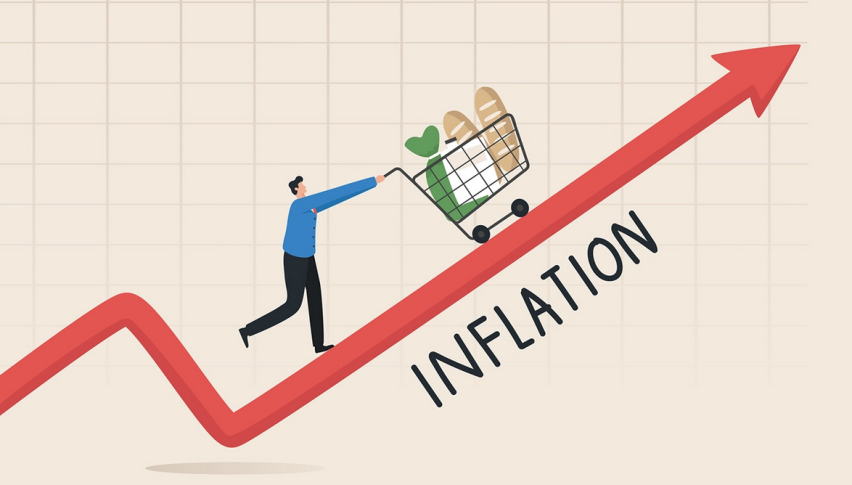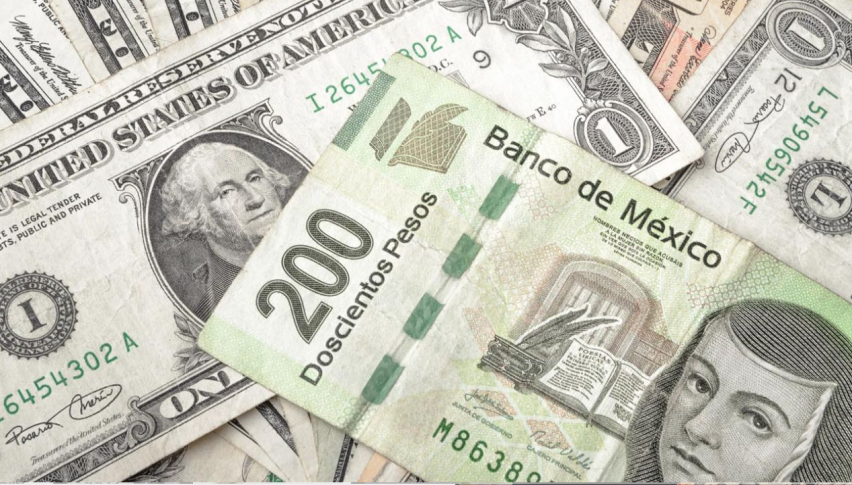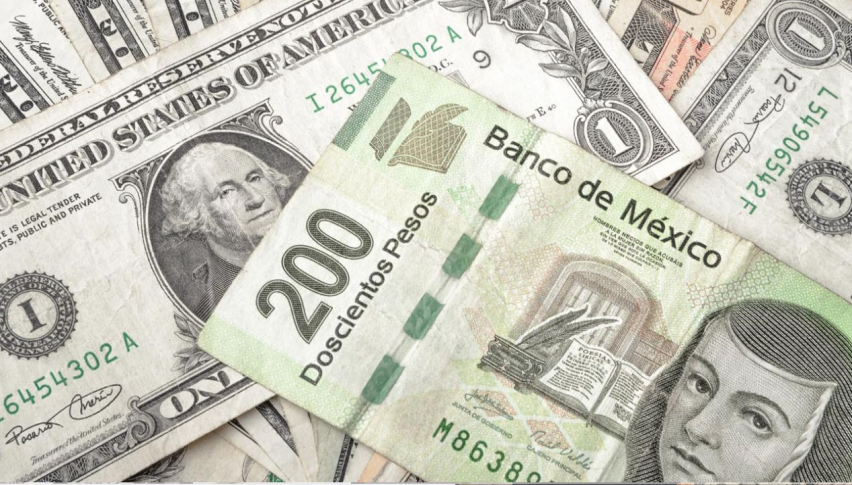February Inflation rate in Argentina marked 14.1%, accumulates 39% YTD
The Consumer Price Index for Argentina has risen by 38.9% in the first two months of the year. YoY inflation stood at 264%.

The cost of living showed a slowdown but remains high. Compared to the same month in 2023, it stood at 264.5%.

In February, inflation in the City of Buenos Aires, capital of Argentina, stood at 14.1%, as reported by the General Directorate of Statistics and Census of Buenos Aires. Additionally, the Consumer Price Index (CPI) for Argentina has risen by 38.9% in the first two months of the year, while the year-on-year trajectory reached 264.5%.
During the second month of the year, the Consumer Price Index (CPI) measured by the General Directorate of Statistics and Census of Buenos Aires showed a decrease of over seven percentage points compared to January’s figure (which had reached 21.7%).
In February, Food and non-alcoholic beverages, which carry the most weight within the CPI, experienced an increase of 14.7%, slightly above the general index. This category accounted for 3.05 percentage points of the 14.1% inflation rate for the month.
Moreover, food prices in the City of Buenos Aires rose by 43% in the first two months and by 329.3% year-on-year, significantly surpassing the overall inflation rate.
Argentina has a long-standing and complex relationship with inflation, which has been a persistent economic challenge for the country. High inflation rates have been a recurring issue in Argentina’s economic history, stemming from various factors such as fiscal deficits, monetary policies, exchange rate fluctuations, and external debt burdens.
The country has struggled to implement effective macroeconomic policies to control inflation, leading to periodic spikes in prices and eroding purchasing power. Structural imbalances, including budget deficits and a history of currency devaluations, have contributed to the inflationary pressures.
Additionally, Argentina’s economy has often been characterized by high levels of government spending, which can fuel inflationary pressures when not adequately matched by revenue generation or prudent fiscal management. The reliance on expansionary monetary policies to finance budget shortfalls has further exacerbated inflationary tendencies, creating a vicious cycle of rising prices and economic instability.
- Check out our free forex signals
- Follow the top economic events on FX Leaders economic calendar
- Trade better, discover more Forex Trading Strategies
- Open a FREE Trading Account


